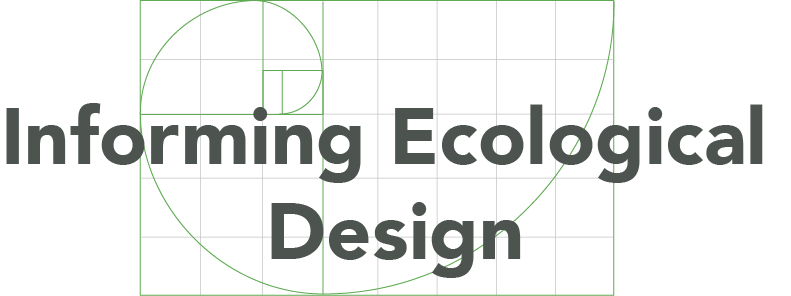Revisiting Hartzband and Groopman’s take on “Medical Taylorism”
In a previous post on the burden of measurement in healthcare and education, I mentioned in passing an opinion piece by Pamela Hartzband and Jerome Groopman, “Medical Taylorism”, NEngl J Med 374;2, January 14, 2016, 106-108, http://www.nejm.org/doi/full/10.1056/NEJMp1512402.
Hartzband and Groopman challenged the universal application of Toyota-inspired Lean methods to improve health care.
As I noted in the measurement blog post, spirited rebuttals that describe a people-centered application of scientific management in general and the Toyota Production System perspective specifically may be found in the comments to the NEJM paper on the NEJM site, as well as more extensively here, here , here and here.
I agree with the critics that Hartzband and Groopman failed to adequately differentiate the attitude and practice of so-called scientific management developed by Frederick Taylor from the modern philosophy and methods of the Toyota Production System and the Lean systems derived from TPS. TPS/Lean is certainly not identical with Taylor’s search for a fixed “one best way” in a given clinical service, to be imposed by managers on unthinking staff.
Along with the critics, I am convinced that the philosophy and methods of Lean provide a way for managers and clinicians to improve quality and reduce costs, especially by removing waste in the host of activities that support the clinical interaction between provider and patient.
Hartzband and Groopman in fact note that scientific management in medicine, in particular the “one best way” method, has improved performance in applications like reduced infection rates in hospitals and treatment of stroke patients.
Here’s a key point of their perspective: they question whether scientific management applies to all areas of medicine, for example “…to such cognitive tasks as eliciting an accurate history, synthesizing clinical and laboratory data to make a diagnosis, and weighing the risks and benefits of a given treatment for an individual patient.”
I think Hartzband and Groopman raise a fair question, which was asked more calmly by Bataldan et al. in a discussion of the coproduction of healthcare (our blog post about the Bataldan article is here ).
Hartzband and Groopman go on to say: “Good thinking takes time, and the time pressure of Taylorism creates a fertile field for the sorts of cognitive errors that result in medical mistakes. Moreover, rushed clinicians are likely to take actions that ignore patients’ preferences.”
I’m open to the possibility that aspects of medicine (and education) characterized by coproduction of value will not benefit from application of Lean methods, without important adaptations.
On the other hand, improvement of support systems to reduce waiting time, errors and duplication of effort certainly makes sense no matter what the answer to the general question about Lean’s range of application.
Improved support systems, managed intelligently and scientifically, have the potential to provide the time and resources for the great care and rewarding work that Hartzband and Groopman fear is slipping away.














